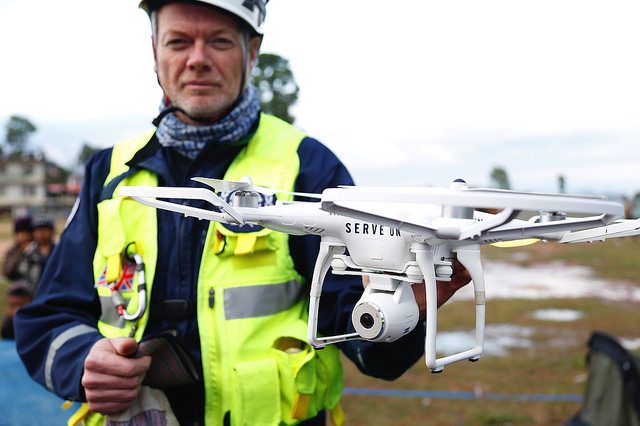
Humanitarian organizations can use data analysis to improve disaster response in several ways.
Data Analysis for Needs
Firstly, data analysis can help organizations assess the needs of those affected by a disaster. By analyzing data on the affected population and the extent of the disaster, organizations can more accurately assess the needs of those affected and allocate resources more effectively.
For example, data on the number of people affected by a disaster, their age and gender, and their living conditions can help organizations determine the most pressing needs, such as food, water, shelter, and medical care.
By using this data, organizations can prioritize their response efforts and ensure that aid is distributed to those who need it most.
Data Analysis for Allocations
Secondly, data analysis can help organizations determine the most efficient way to allocate resources, such as aid, personnel, and equipment, to areas in need. By analyzing data on the logistics of transporting aid and the availability of resources, organizations can optimize their response efforts and reduce waste.
For example, data on the transportation infrastructure, the availability of local resources, and the local political situation can help organizations determine the most efficient and effective ways to deliver aid.
This can help organizations respond more quickly to the needs of those affected and ensure that resources are used as effectively as possible.
Data Analysis for Impact Monitoring
Finally, data analysis can be used to monitor the progress of disaster response efforts and evaluate their effectiveness in meeting the needs of those affected. By analyzing data on the impact of aid efforts and the satisfaction of those affected, organizations can determine what is working well and what needs to be improved.
For example, data on the number of people who have received aid, the satisfaction of those receiving aid, and the impact of aid on the local economy can help organizations determine the effectiveness of their response efforts.
This information can then be used to improve future responses and ensure that aid is delivered in the most effective way possible.
Data Analysis for Humanitarian Aid
In conclusion, data analysis plays a critical role in improving the effectiveness of disaster response efforts.
By providing insights into the needs of those affected, the most efficient ways to allocate resources, and the impact of response efforts, organizations can respond more effectively to disasters and have a greater impact on the lives of those affected.
By using data analysis to inform their decision-making processes, humanitarian organizations can make more informed decisions that lead to better outcomes for those affected by disasters.










